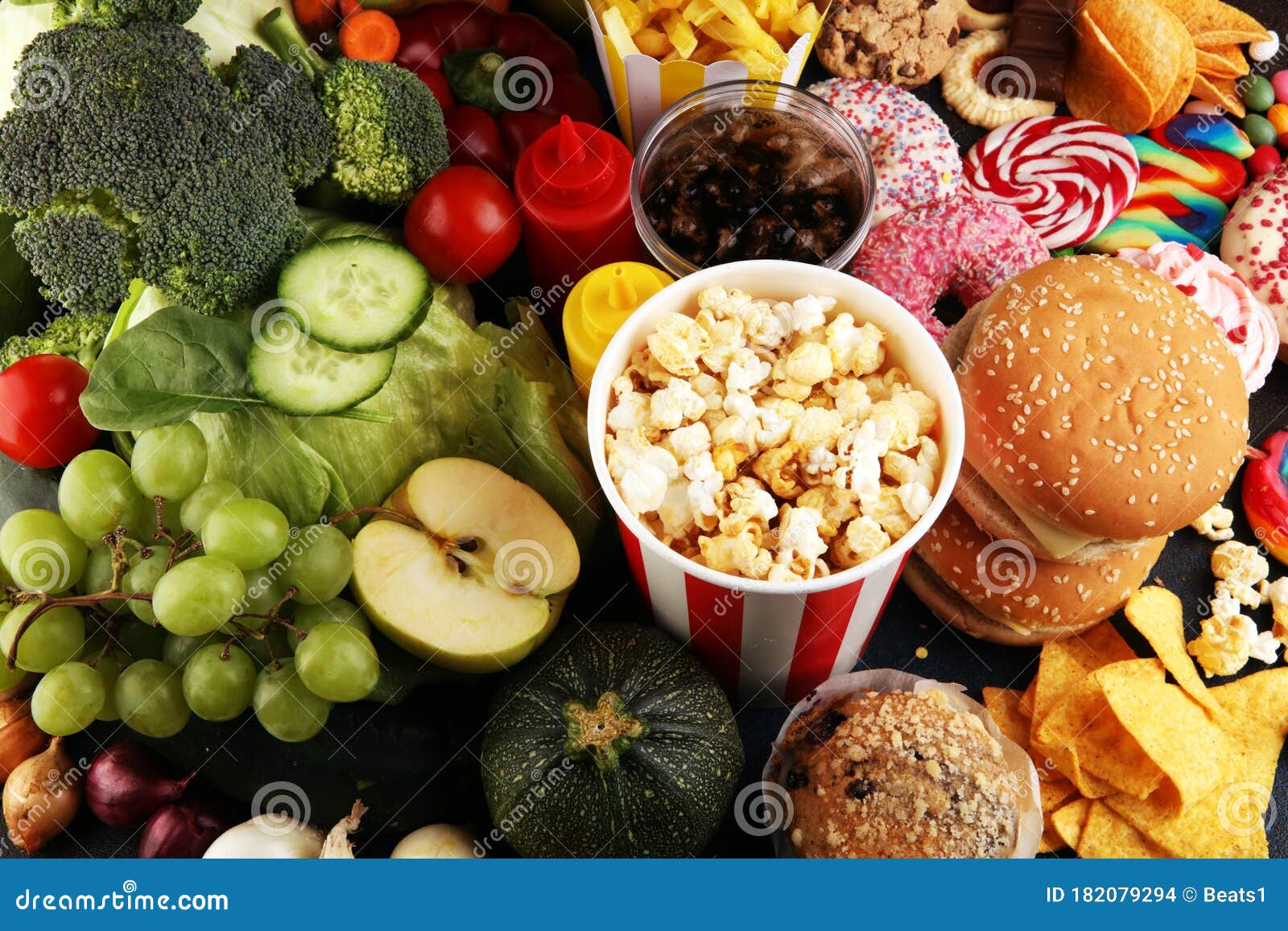Healthy Snacks And Unhealthy Snacks

Healthy Snacks and Unhealthy Snacks
What is a Healthy Snack?
A healthy snack is any food or beverage that is low in calories, low in sugar, and rich in vitamins, minerals, and other nutrients. Healthy snacks provide the body with energy and the nutrients it needs to stay healthy and active. They can also help curb cravings and keep hunger at bay. Some examples of healthy snacks include fruits, vegetables, nuts, seeds, whole-grain crackers and bread, yogurt, low-fat cheese, and smoothies.
In addition to providing essential nutrients, healthy snacks can also help satisfy cravings and keep hunger at bay. When hunger strikes, a healthy snack can provide a quick fix. It can also help to prevent overeating at mealtime, as the body has already gotten some of the nutrients it needs. Eating healthy snacks throughout the day can also help manage blood sugar levels and provide a steady stream of energy.
Healthy snacks can be found in many forms, from fresh produce to packaged snacks. It is important to read labels carefully and make sure that the snacks are low in calories, saturated fat, trans fat, sodium, and added sugars. Some of the best healthy snacks include fruits and vegetables, plain yogurt, nuts and seeds, and whole-grain crackers and bread.
What is an Unhealthy Snack?
An unhealthy snack is any food or beverage that is high in calories, sugar, saturated fat, trans fat, sodium, and/or added sugars. These types of snacks provide little to no nutritional value, and instead can harm your health. Examples of unhealthy snacks include chips, candy, cookies, chocolate, and sugary drinks.
Unhealthy snacks can be very tempting, as they are often convenient and full of flavor. However, they provide little in the way of nutrition, and can contribute to weight gain, increased risk of chronic diseases, and other health problems. Eating too many of these snacks can also lead to feelings of guilt and shame.
When choosing snacks, it is important to read labels carefully and look for snacks that are low in calories, saturated fat, trans fat, sodium, and added sugars. It is also important to look for snacks that provide some nutritional value, such as fruits and vegetables, nuts and seeds, whole-grain crackers and bread, and low-fat yogurt.
The Benefits of Eating Healthy Snacks
Eating healthy snacks has many benefits for overall health. Healthy snacks can provide the body with essential vitamins, minerals, and other nutrients needed to stay healthy and active. They can also help to curb cravings and keep hunger at bay.
Eating healthy snacks throughout the day can also help to manage blood sugar levels and provide a steady stream of energy. Eating healthy snacks can also help to reduce the risk of chronic diseases, such as heart disease, diabetes, and obesity.
In addition, healthy snacks can also help to improve mood and mental clarity. Eating healthy snacks can provide the body with essential vitamins and minerals, such as magnesium, which can help to improve mood and reduce stress.
The Dangers of Eating Unhealthy Snacks
Eating unhealthy snacks can have many negative effects on overall health. Unhealthy snacks are often high in calories, sugar, saturated fat, trans fat, sodium, and added sugars, which can lead to weight gain and an increased risk of chronic diseases.
Eating too many unhealthy snacks can also lead to feelings of guilt and shame. Unhealthy snacks can also interfere with the body’s ability to absorb essential vitamins, minerals, and other nutrients, leading to deficiencies.
In addition, eating too many unhealthy snacks can also lead to an increased risk of cavities and other dental problems. Unhealthy snacks can also interfere with the body’s ability to regulate blood sugar levels, leading to an increased risk of diabetes.
Tips for Choosing Healthy Snacks
When choosing snacks, it is important to look for snacks that are low in calories, saturated fat, trans fat, sodium, and added sugars. It is also important to look for snacks that provide some nutritional value, such as fruits and vegetables, nuts and seeds, whole-grain crackers and bread, and low-fat yogurt.
It is also important to limit portion sizes and be mindful of how much you are eating. Eating healthy snacks throughout the day can help to keep hunger at bay and prevent overeating at mealtime.
It is also important to plan ahead and have healthy snacks on hand. This can help to make healthy snacking easier and more convenient. Prepping and packing healthy snacks ahead of time can also help to save time and money.
Healthy Snacks vs. Unhealthy Snacks: A Visual – FitForceFX

Healthy or Unhealthy Food. Concept Photo of Healthy and Unhealthy Food

The Truth Revealed! 10 Unhealthy Snacks That Were Once Considered

Best Healthy Snacks for Weight Loss - Snack Ideas

60 healthy snack ideas - SevenLayerCharlotte

Office Snacks Are Unhealthy For You, Says New Study | Cooking Light

Brits are spending over £30,000 on unhealthy snacks in their lifetime

Healthy Unhealthy Food Image & Photo (Free Trial) | Bigstock

Overcoming your Unhealthy Snack Cravings - On: Yorkshire Magazine

Unhealthy VS “Healthy” Snack Foods - Mind Over Munch - YouTube
